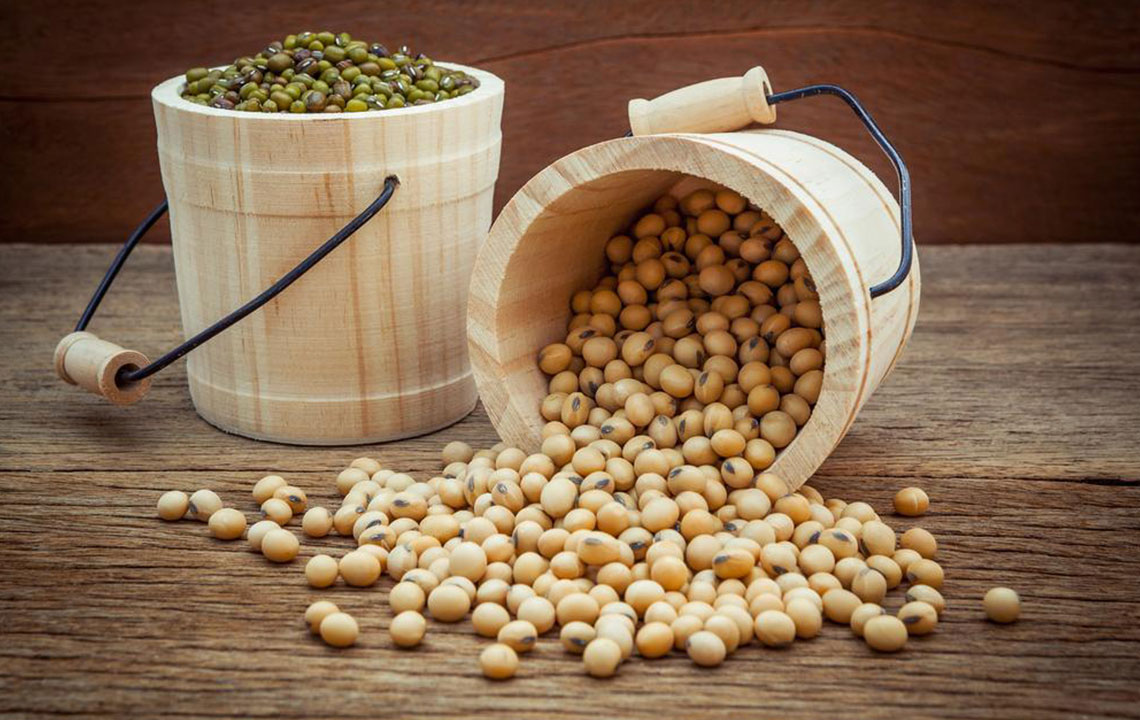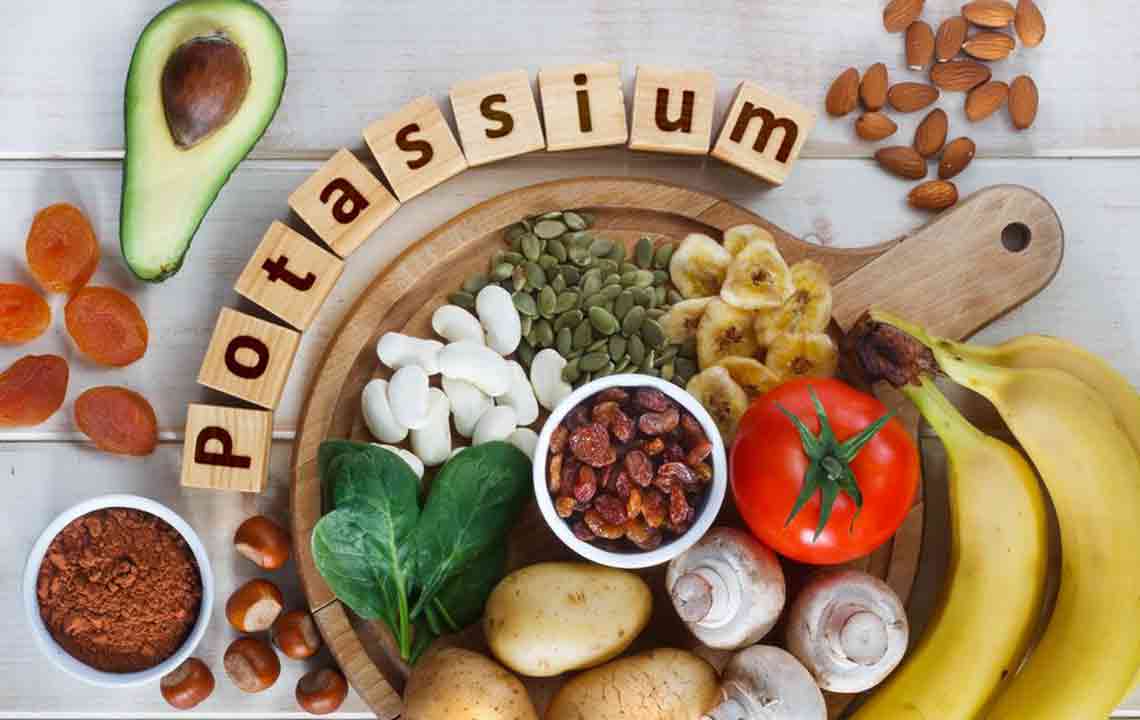Understanding the Importance and Risks of Potassium Intake
This article explores the crucial role of potassium in maintaining health, highlights the risks of deficiency, and provides dietary tips to ensure adequate intake. It emphasizes the benefits of balanced potassium levels for heart, muscle, and nerve functions, and lists various potassium-rich foods to help you meet daily requirements effectively.

Understanding the Importance and Risks of Potassium Intake
Potassium is the third most abundant mineral inside your body cells, playing a vital role in maintaining health. Both excessive and insufficient levels of potassium pose health risks. Monitoring and balancing your potassium intake through diet is essential. Being aware of foods containing high or low amounts helps manage your levels effectively. Proper potassium levels support nerve, kidney, brain, and muscle functions, and contribute to overall well-being.
Why is balanced potassium important?
Consuming appropriate amounts of potassium offers numerous health benefits, including:
Supporting proper nerve, kidney, brain, and muscle operation
Regulating heart rhythm and promoting cardiovascular health
Maintaining fluid and electrolyte balance
Preventing dehydration
Supporting cellular health alongside sodium
Lowering blood pressure and reducing stroke risk
Enhancing bone strength
Reducing muscle cramps
Facilitating carbohydrate metabolism
Building proteins and muscle mass
Risks of Potassium Deficiency
Low potassium levels can cause fatigue, muscle stiffness, irregular heartbeats, swelling, mood changes, and blood pressure issues. Severe deficiency may lead to serious health problems requiring medical attention.
Recommended Daily Intake
Adults should aim for approximately 4,700 mg of potassium daily. A balanced diet including various food sources can help meet this requirement.
Foods Rich in Potassium
Many foods naturally contain potassium in varying amounts. Incorporate these into your diet for optimal levels:
Fruits & Vegetables: Bananas (350 mg), sweet potatoes (670 mg), prunes (720 mg), raisins (860 mg), spinach, carrots, and beetroot
Milk & Dairy: Milk (150 mg), cottage cheese (50 mg)
Nuts & Seeds: Almonds (860 mg), pistachios (970 mg), walnuts (690 mg), coconut (750 mg)
Seafood & Fish: Sardines (350 mg), scallops (480 mg), crab (270 mg)
Cereals & Baked Goods: Bran wheat (1160 mg), rye biscuits (500 mg), chocolate biscuits (230 mg).
Meat & Poultry: Chicken liver (290 mg), beef (470 mg), bacon (300 mg), lamb (250 mg)
Final Thoughts
Potassium is vital for maintaining overall health, from nerve function to heart health. A nutritious, balanced diet rich in potassium-containing foods ensures optimal levels. However, individuals with kidney issues must regulate their intake carefully, as excess potassium can be harmful. Expanding your dietary options with a variety of fruits, vegetables, nuts, and seafood helps prevent deficiencies and promotes well-being. Be aware that some processed foods and drinks may contain hidden potassium, and checking labels can be beneficial.
Important Reminder:
While our content offers valuable insights, it should not replace professional medical advice. Always consult healthcare providers for personalized recommendations, especially for managing health conditions like kidney disease or electrolyte imbalances. Our articles serve as educational resources and may not reflect all current research or available options.










